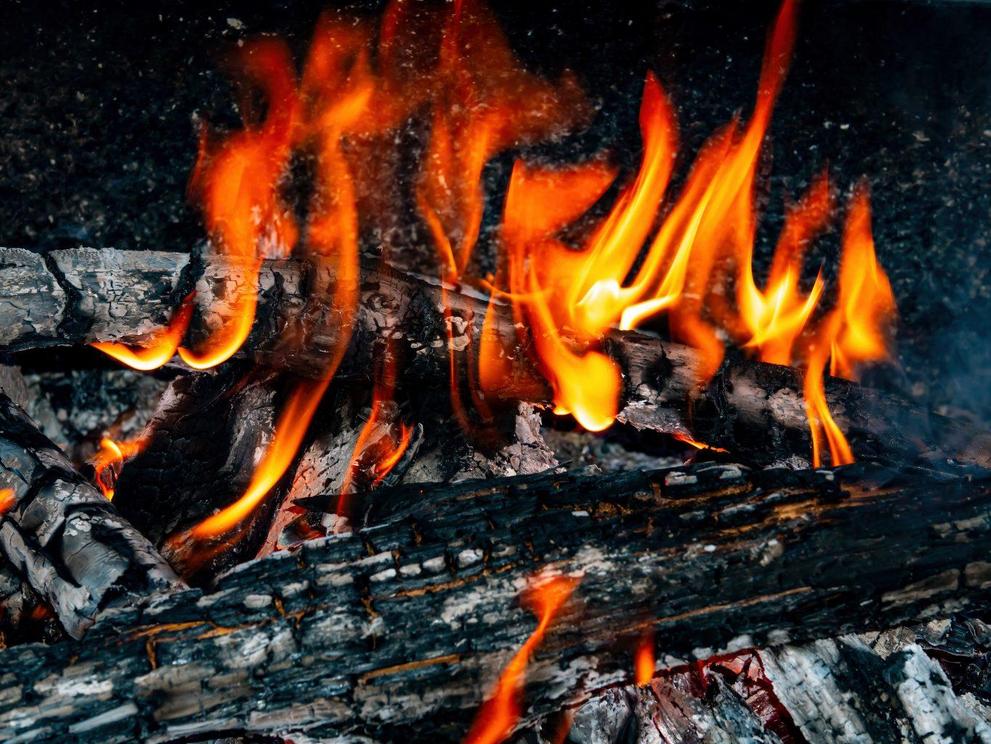Rewriting history books: Humans started cooking 780,000 years ago
A new study published in Nature Ecology and Evolution provides evidence that humans started cooking some 780,000 years ago. It was previously suggested that humans learned how to cook only 170,000 years ago.
When did humans learn to cook food? Have you ever wondered about that? Humans have not always cooked their food. Before we learned we could process food by heating it with fire, humans ate raw food. This predates available data by some 600,000 years. Since then, we’ve come a long way. The study of the remains of a huge 2-meter carp marks the first signs of cooking by prehistoric humans 780,000 years ago. The remains of the fish were recovered at the Gesher Benot Ya’aqov (GBY) archaeological site in Israel. It is estimated that the fish was cooked approximately 780,000 years ago. Cooking is the process of heating food at a controlled temperature for the purpose of processing it. The inhabitants of the site were most likely an ancient human species known as Homo erectus.
When did we start cooking?
It is believed that cooking first emerged approximately 170,000 years ago. It has been the subject of much scientific debate for over a century when early humans first started cooking with fire. The study published in Nature Ecology and Evolution sheds new light on the topic. According to the study’s lead authors, Drs. Irit Zohar and Marion Prevost from Tel Aviv University and the Hebrew University of Jerusalem, fish, played an essential role in prehistoric humans’ diet and economy. Scientists have also been able to reconstruct, for the first time, the fish population of ancient Hula Lake. This was possible by studying fish remains found at Gesher Benot Ya’aqob. These remains showed that the lake was home to fish species that became extinct over time.
Studying the structure of the crystals that make up tooth enamel
The research was conducted on the pharyngeal teeth of fish in the carp family used to grind difficult foods like shells. Different archaeological strata at the site contained a large number of these teeth. Researchers discovered that fish caught in the ancient Hula Lake, adjacent to the site, were cooked by studying the structure of the crystals that make up tooth enamel (which increase in size as they are exposed to heat). As a result of the research, it has also been determined that the remains were not simply burned by fire. In the past, fire has been used for cooking, mostly at sites that have been used much later than the GBY site. Many of these are associated with the rise of Homo sapiens, our own species.
Cooking is better than eating raw
In their article, the authors note that the change from raw to cooked food had a profound impact on human development and behavior. As a result of cooking food, the body uses less energy to digest and break down food, giving other systems more time to develop. During this process, the structure of the human jaw and skull is also altered. The change allowed humans to develop novel social and behavioral systems without having to spend time foraging and digesting raw food on a daily basis. In some scientists’ eyes, fish consumption marked a quantum leap in human development.
As Dr. Zohar explained, cooked fish is more nutritious, easier to digest, and safer for consumption. This evidence suggests that these populations had advanced cognitive abilities, which may have been greater than was previously assumed. The use of fire for cooking was logical if they already knew how to control fire, the researcher revealed.

